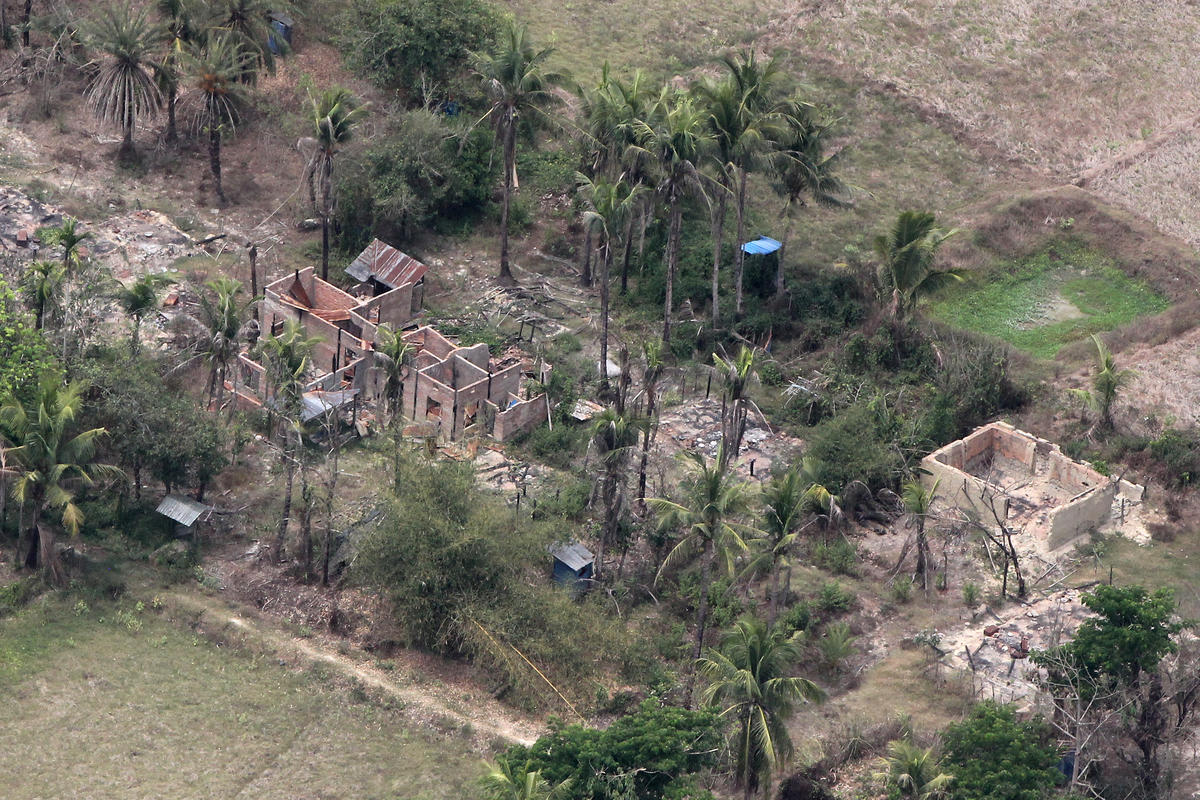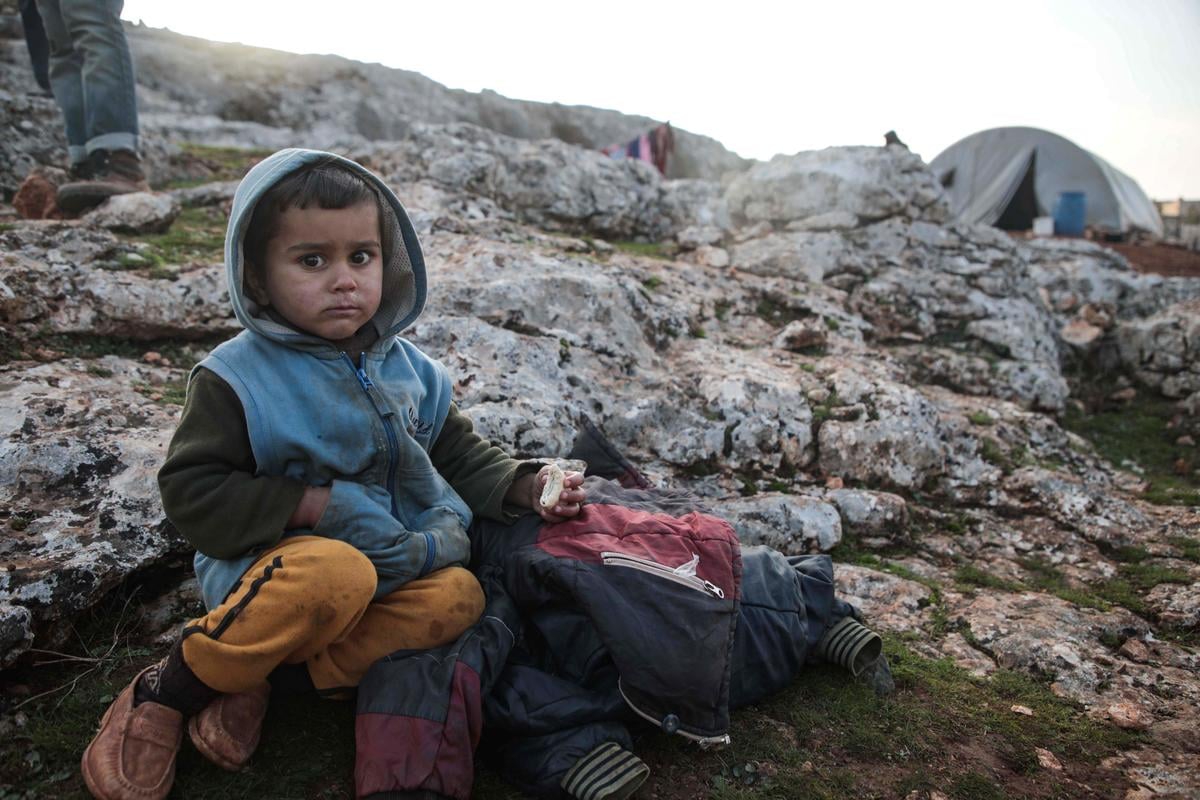UNHCR criticises Australia for turning boat people away
UNHCR criticises Australia for turning boat people away

GENEVA, Nov 11 (UNHCR) - The UN refugee agency today expressed concern over 14 boat people who had been towed out of Australian waters into Indonesian territory, where they are currently being held in the capital, Jakarta.
Speaking in Geneva on Tuesday, UNHCR spokesman Kris Janowski said the agency had sent a note verbale to Jakarta asking for immediate access to the boat people, whom the Indonesian government said would be returned to their country of origin, where they could face persecution.
UNHCR's note appealed to the Indonesian authorities not to deport the likely asylum seekers, citing the principle of non-refoulement or non-forced return.
The incident started last week when the boat people arrived on Minasa Bone, an Indonesian fishing boat, at Melville Island near the northern Australian city of Darwin. Authorities escorted them out to the edge of Indonesian waters and the boat eventually beached in Yamdena, a remote island in eastern Indonesia. The passengers were flown to the provincial capital, Ambon, and moved to Jakarta on Tuesday.
In a press release Tuesday, UNHCR said it was "deeply troubled" about Australia's decision to deny the boat people the opportunity to have their protection needs examined on Melville Island, which the government removed from its migration zone - along with 4,000 other islands - to deter potential asylum seekers.
"UNHCR believes that if indeed these people were trying to seek asylum, and there are strong indications that they were, they should have been given at least temporary admission to Australia and access to a proper procedure to determine whether they were in need of protection," said the statement.
The refugee agency was denied access to the 14 boat people while they were in Australian territory, and thus could not discuss possible solutions with them.
"Our main concern is that people who are already vulnerable have been made even more vulnerable by Australia's neglect of its international obligations," said Jean Marie Fakhouri, who heads UNHCR's Bureau for Asia and the Pacific.
Unlike Australia, Indonesia is not a signatory of the 1951 UN Refugee Convention and has no asylum procedure in place to deal with asylum seekers. It also does not allow recognised refugees to remain in the country.
"Australia's actions are at variance with the 1951 UN Refugee Convention and have in effect jeopardised the proper functioning of the international protection regime," said the UNHCR statement. "This responsibility-shifting move sets a negative precedent worldwide that could lead some states to place the burden on countries which have scarce resources and may already be coping with large numbers of refugees."
If the 14 boat people are deported from Jakarta, both Indonesia and Australia would be complicit with possible refoulement to dangerous situations.
Australia tightened its borders last year to prevent people from using the nearby Indonesian islands as a backdoor into its territory. It has taken extraordinary measures to deter boat people from approaching its shores.
"UNHCR shares Australia's and Indonesia's concern over the global plague of people smuggling and supports efforts to combat this infamous trade," said the UNHCR statement. "However, the fact that asylum seekers are smuggled does not deprive them of any rights regarding access to fair and effective protection and assistance measures."








